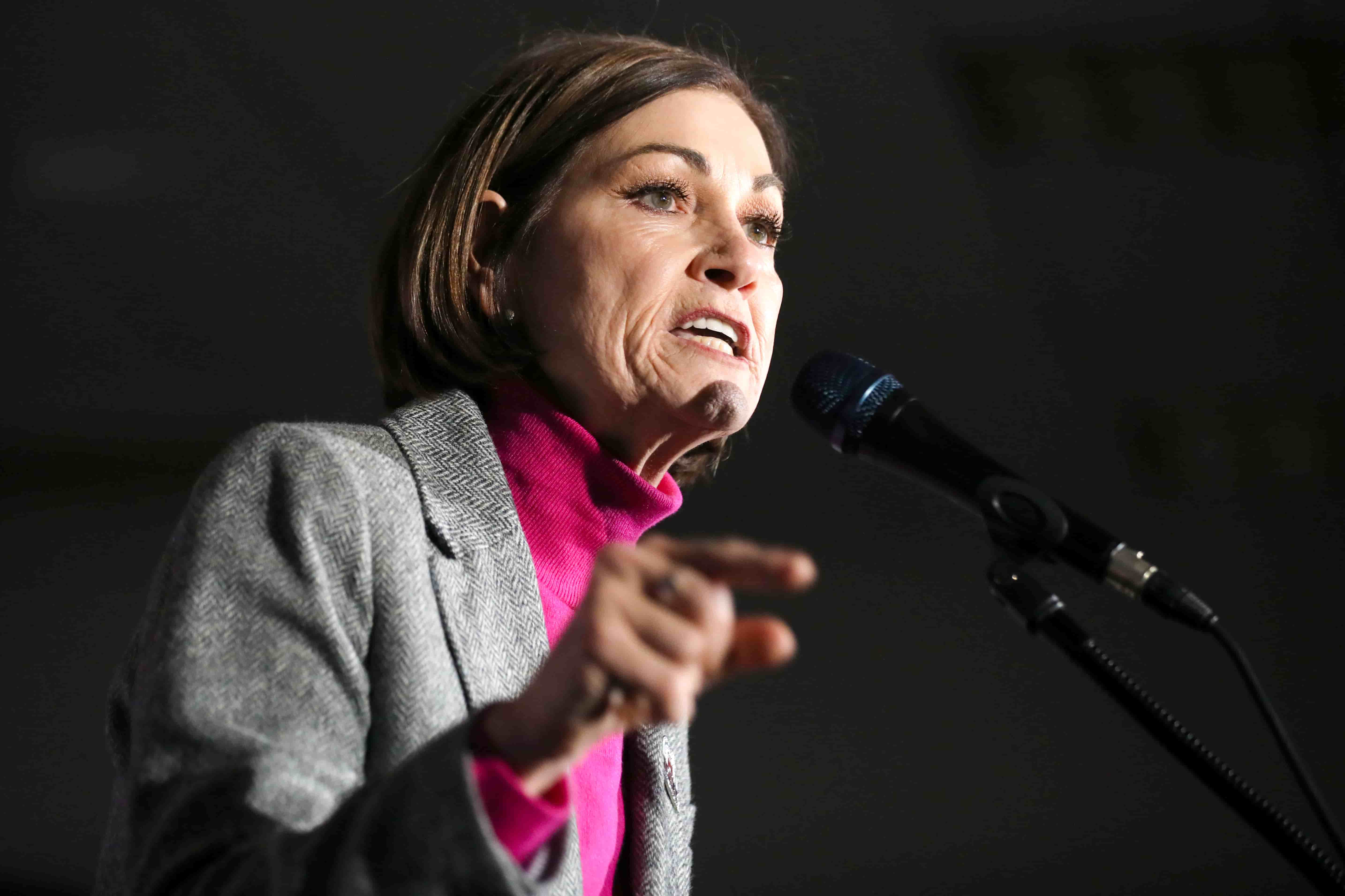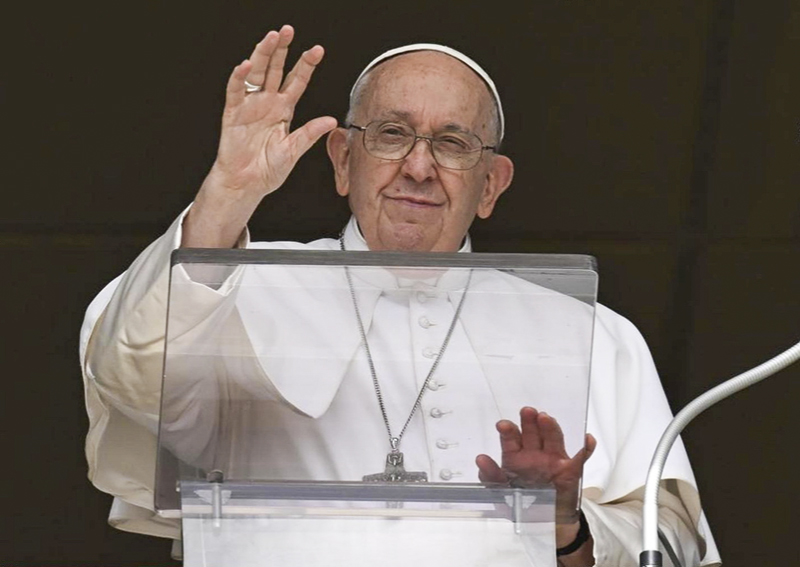SCOTUS church decision could impact LGBTQ people, advocates warn
Worry stems from concerns over possible erosion of church-state separation and right to discriminate

LGBTQ advocates and those concerned about issues of church-state separation are warning that a Supreme Court decision could be taking a step toward allowing discrimination using taxpayer dollars.
In a 7-2 vote, the Supreme Court ruled that the state of Missouri had violated the First Amendment by denying Trinity Lutheran Church of Columbia the chance to obtain a grant from a scrap tire program. It reimburses the cost of installing a rubberized playground surface made from recycled tires, reports The Los Angeles Times.
Trinity Lutheran had applied to resurface a playground for its preschool, which it operates “as a Church ministry.” Even though the church’s application ranked fifth out of 44 applicants, it was denied any money.
Writing for the court, Chief Justice John Roberts said that Missouri had violated Trinity Lutheran’s First Amendment rights by denying it a public benefit based solely on its religious status.
“Trinity Lutheran is not claiming any entitlement to a subsidy. It instead asserts a right to participate in a government benefit program without having to disavow its religious character,” Roberts wrote. “The ‘imposition of such a condition upon even a gratuitous benefit inevitably deter[s] or discourage[s] the exercise of First Amendment rights.’
“The express discrimination against religious exercise here is not the denial of a grant, but rather the refusal to allow the Church — solely because it is a church — to compete with secular organizations for a grant.”
But some legal observers expressed concern that the decision could lead to the erosion of separation between church and state, thereby allowing religious organizations to siphon away taxpayer dollars while retaining the ability to discriminate against LGBTQ people.
Lambda Legal called on government actors to ensure that does not happen.
“Government must take every step necessary to ensure public monies are not used to proselytize or to discriminate,” Camilla B. Taylor, senior counsel at Lambda Legal, said in a statement. “Lambda Legal will remain vigilant to hold federal and state governments to this obligation because, as LGBT people and people living with HIV know all too well, there is a regrettable history in this country of people being denied access to important public benefits and services in the name of religion.”
Missouri had based its refusal to Trinity Lutheran on a constitutional amendment prohibiting aid to any church, regardless of faith.
Thirty other states have similar laws on the books — laws which Lambda Legal warned could be undermined if the Supreme Court’s decision was too broadly interpreted.
“Governments have an important constitutional obligation to ensure that everyone’s civil rights are respected, including both the right to exercise one’s religion, and to be free from discrimination when receiving taxpayer-funded services,” Taylor added. “Although this case was about scrap tires for playgrounds, religious organizations also sometimes seek taxpayer funding to provide services to the public, such as foster care, or sheltering the homeless. Those programs have to serve everyone, without discriminating against members of the public, and without subjecting beneficiaries to proselytization.”
The Public Rights/Private Conscience Project, a research initiative of Columbia Law School, said the high court’s decision dealt “a significant blow to church-state separation” and took “the unprecedented step of forbidding states from refusing to fund religious institutions with taxpayer money.”
“Previously, states could guard against potential Establishment Clause violations by adopting a clear policy against funding churches and other religious institutions,” PRPCP Director Elizabeth Reiner Platt said in a statement. “By holding that such policies sometimes violate the Free Exercise Clause, the opinion will create confusion for state and local government programs.
“The ‘play within the joints’ between the two religion clauses is becoming troublingly narrow, and will be difficult for agencies to navigate,” Platt added. “This opinion could open the door to increased taxpayer funding of religious institutions in ways that will further erode church-state separation and threaten Constitutional violations.”
Support Metro Weekly’s Journalism
These are challenging times for news organizations. And yet it’s crucial we stay active and provide vital resources and information to both our local readers and the world. So won’t you please take a moment and consider supporting Metro Weekly with a membership? For as little as $5 a month, you can help ensure Metro Weekly magazine and MetroWeekly.com remain free, viable resources as we provide the best, most diverse, culturally-resonant LGBTQ coverage in both the D.C. region and around the world. Memberships come with exclusive perks and discounts, your own personal digital delivery of each week’s magazine (and an archive), access to our Member's Lounge when it launches this fall, and exclusive members-only items like Metro Weekly Membership Mugs and Tote Bags! Check out all our membership levels here and please join us today!























